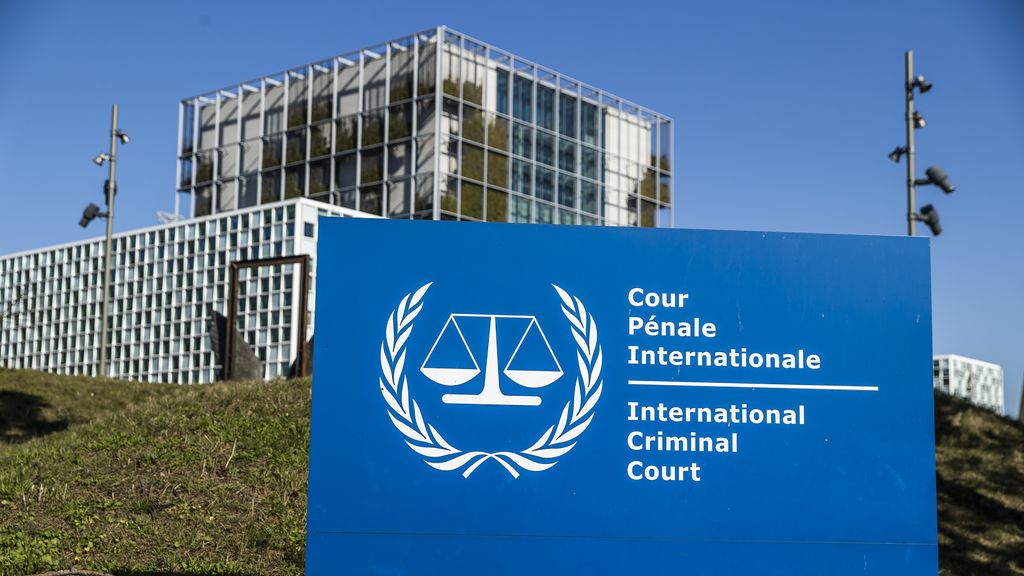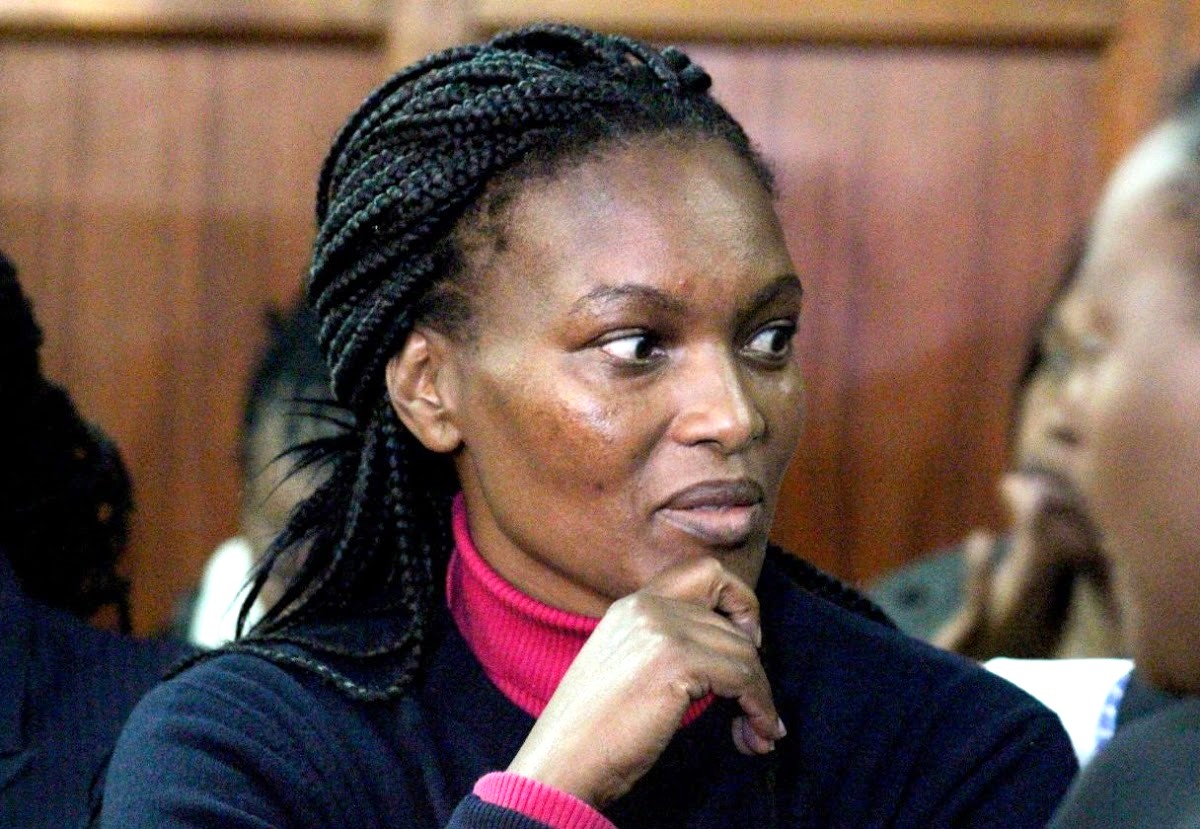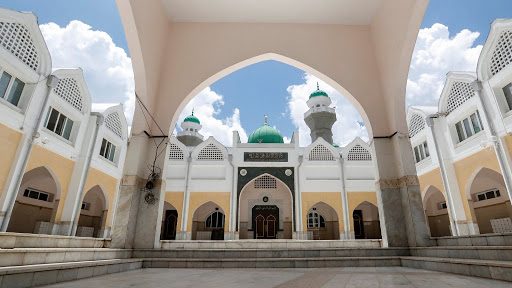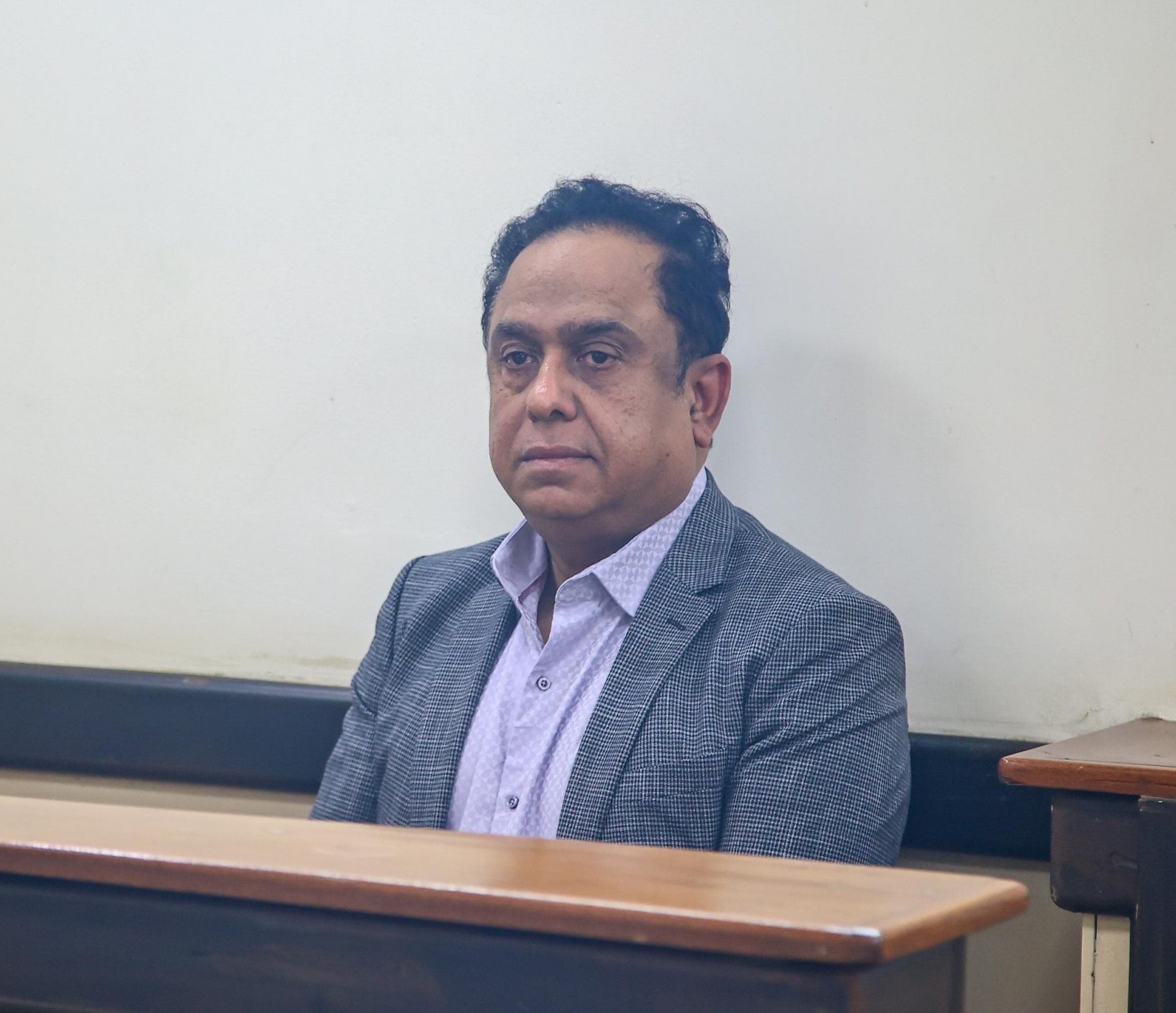The protocol has sparked controversy due to its potential to shield African leaders, particularly heads of state and government, from international prosecution. In this edition, The Weekly Vision examines this narrative, amplified by state officials and pro-government supporters, to assess its authenticity and determine whether it holds up to scrutiny.
To begin with, the Malabo Protocol is a treaty adopted in 2014 by African Union (AU) member states to establish a continental criminal court to handle international crimes, such as genocide, crimes against humanity, war crimes, the illicit exploitation of natural resources, and unconstitutional changes of government.
Formally titled The Protocol on Amendments to the Protocol on the Statute of the African Court of Justice and Human Rights, it was adopted on 27 June 2014 during the AU’s 23rd Ordinary Session in Malabo, Equatorial Guinea. Its goal is to combat impunity in Africa under the banner of African solutions to African problems. The protocol proposes the creation of the African Court of Justice and Human Rights (ACJHR), with its headquarters planned for Arusha, Tanzania.
The court would have two divisions, the General Affairs Division and the Human Rights Division, and be tasked with promoting justice, accountability, and human rights across the continent. Crucially, the ACJHR is not intended to replace domestic courts or the ICC, but rather to complement them. Although the Malabo Protocol represents a bold step towards an African-led justice system, it has yet to come into legal force. For the court to be formally established, 28 AU member states must ratify the protocol.
To date, only 15 countries have done so, including Benin, Cameroon, Chad, Equatorial Guinea, The Gambia, Ghana, Liberia, Libya, Mali, Republic of Congo, Burkina Faso, Angola, Niger, and Mauritania. Notably, only eight of these have deposited their instruments of ratification with the AU Commission (AUC) in Addis Ababa. Therefore, from both a practical and legal standpoint, the Malabo Protocol is not yet in force, and the ACJHR remains a theoretical institution. Until the required number of ratifications is reached and the court is formally established, its jurisdiction and powers remain dormant.
Kenya is a signatory to the Malabo Protocol. President William Ruto signed it on 24 July 2023, making Kenya the 16th country to do so. However, signing a treaty is not the same as ratifying it. For the protocol to take effect domestically, Kenya’s Parliament must ratify it, after which the government must deposit the instrument of ratification with the AU Commission. As of this writing, neither step has been completed. This means that Kenya has not ratified the Malabo Protocol. Therefore, no Kenyan citizen, including top security officials, is protected from prosecution at the ICC under the Malabo framework.
Claims that Kenya’s security chiefs are immune from ICC prosecution under the Malabo Protocol are misleading. Until Kenya fully ratifies the protocol and the AU reaches the required number of ratifications for the court to come into force, the ICC retains full jurisdiction over international crimes committed by Kenyan citizens.
As such, calls for justice for the victims of the 25 June 2024 and 2025, and 7 July 2025 (Saba Saba) protests remain firmly within the jurisdiction of the Hague-based court.
[/full]





